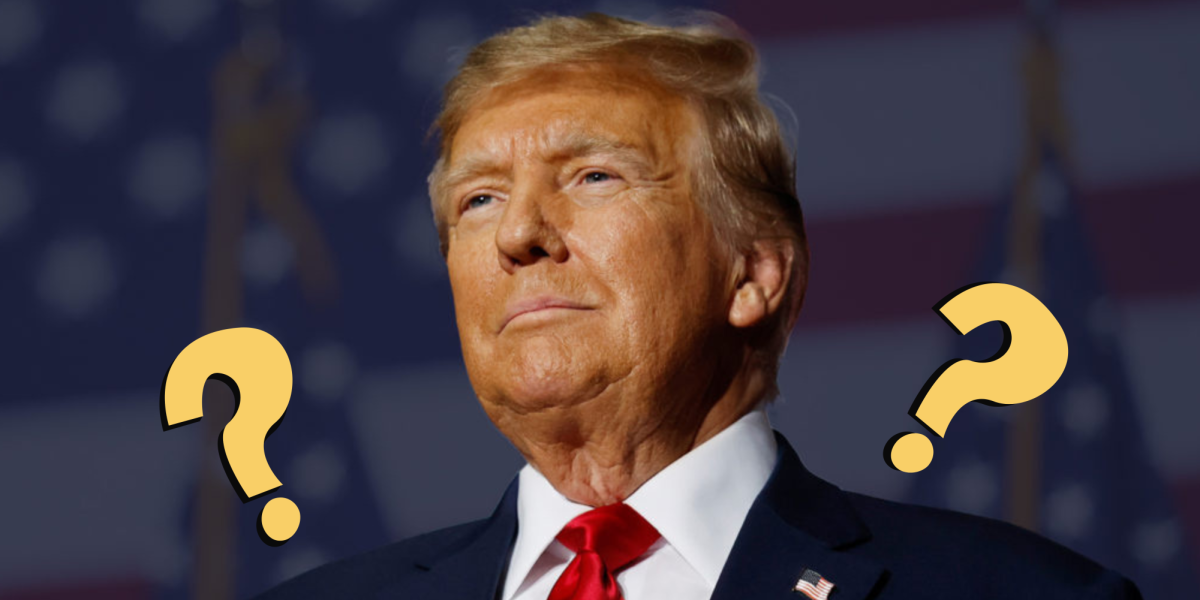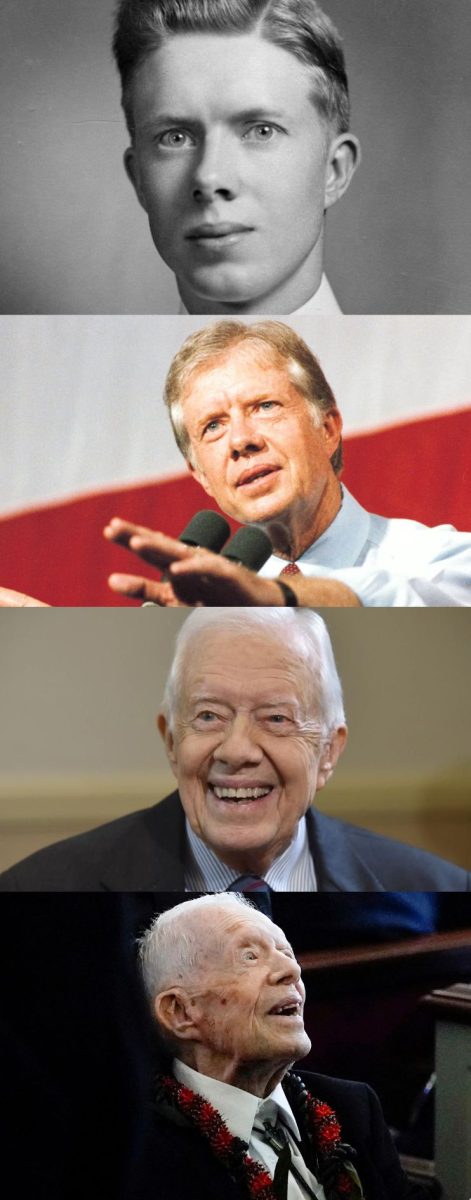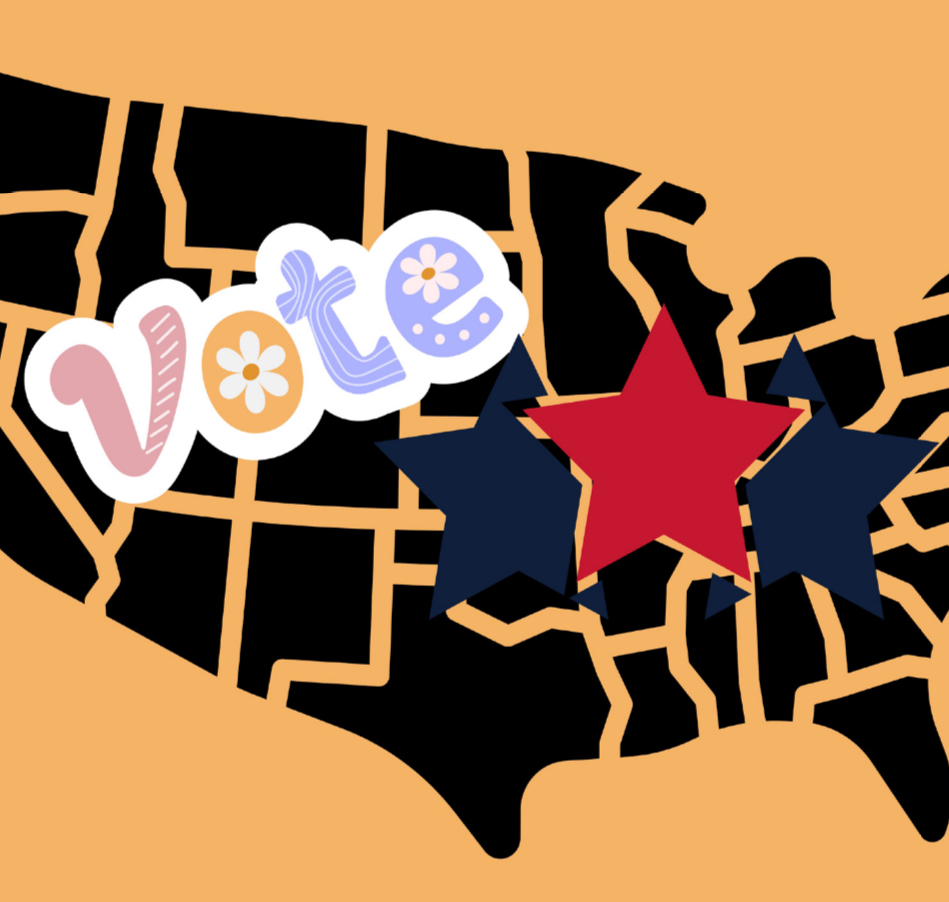President Donald Trump’s inauguration as the 47th president of the United States is set to take place Jan. 20 and will feature a brimming guest list composed of former presidents, billionaires, celebrities, political affiliates and many other spectators.
The event follows the president’s victory over his Democratic opponent, current vice president Kamala Harris. It represents a return to more Republican values as the party takes control of all three branches of the federal government—legislative, judicial and executive.
Following the results of the elections in November of last year, president Trump’s return to the White House has been greeted with significant disapproval and mass uncertainty, which was due largely to his presidential cabinet picks and, more recently, to his bold international claims about purchasing the Danish territory of Greenland, retaking control of the Panama Canal, renaming the Gulf of Mexico to the Gulf of America and annexing Canada as the 51st state. All of those were announced during his first post-election news conference at his Mar-a-Lago resort in Florida. Like many of the president’s daring statements, however, these claims may have potentially been made in jest.
As he prepared to begin his second nonconsecutive four-year presidential term, Trump announced his indication to sign roughly 200 executive orders after assuming office, according to a senior administration official for the president.. In contrast, President Joe Biden signed 17 executive orders on his first day of office, and president Trump himself signed only 14 executive orders on the first day of his previous term following the 2016 elections.
Although specific details have not been revealed regarding all of the executive orders, the president’s campaign policies have made powerful claims regarding the increase of oil and gas imports and drilling within the country. That would revoke Biden’s federal ban on domestic offshore gas and oil production, a more independent economy supported by increased tariffs on imported products, and stricter regulation of the country’s borders.
In addition, the president signed an executive order to end birthright citizenship, and his promise to require voter ID and issue major pardons for rioters convicted of storming the U.S. Capitol on Jan. 6, 2021, following his loss to Biden in the 2020 elections, may also be fulfilled in Trump’s executive orders after taking office.
As he prepares to take charge of the country following his Jan. 20 inaugration, Trump’s ambitious plans and controversial proposals symbolize a departure from the country’s current policies. As the president promises to carry the nation to its “golden age,” the effectiveness of his administration’s policies will soon be determined following his inuagration.







